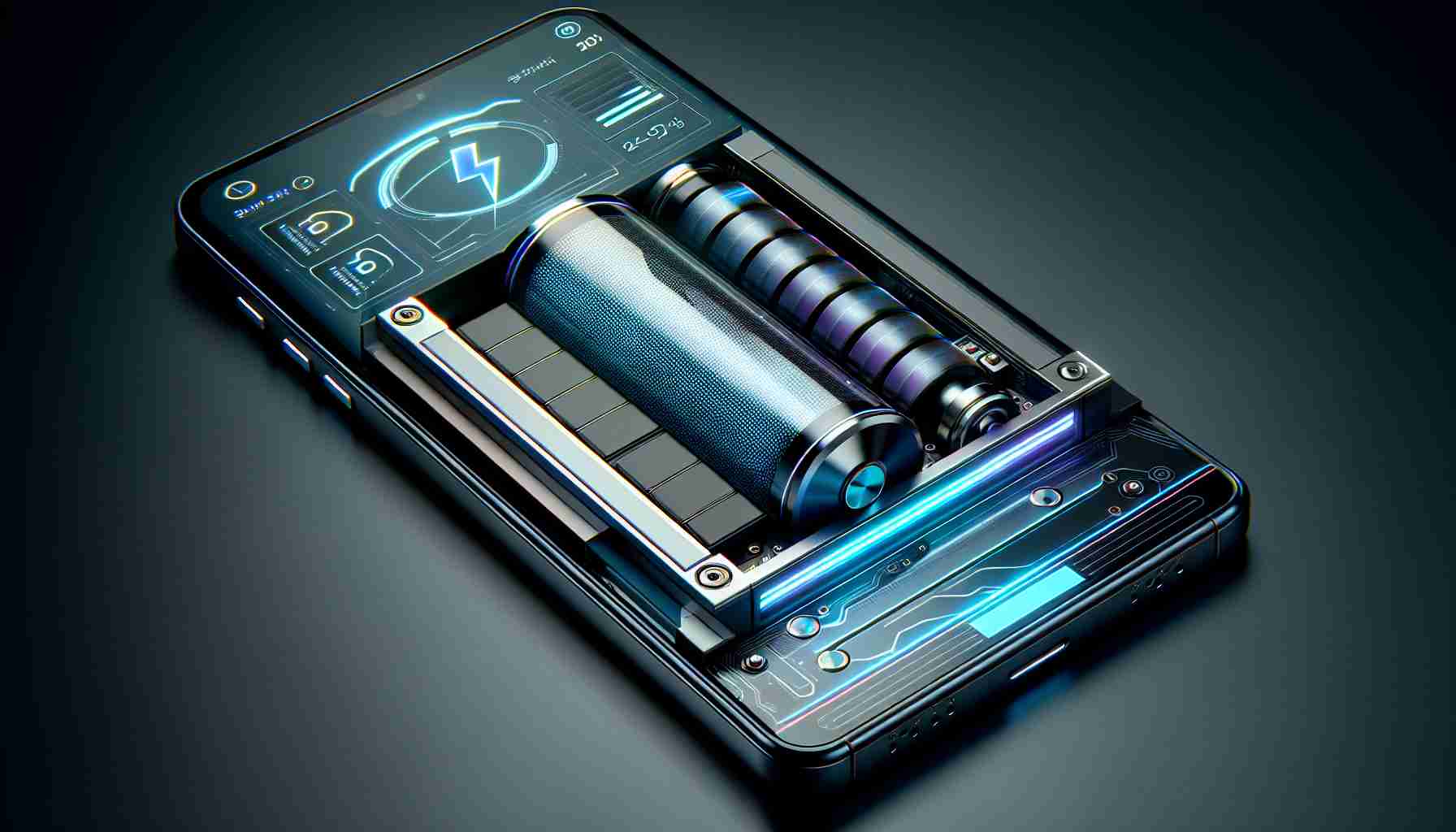Anticipation Builds for Future iPhone’s Battery Upgrades
In the ever-evolving world of Apple technology, the future iPhone stands to offer users improved battery longevity and performance. Noted Apple analyst Ming-Chi Kuo has shared insights hinting at Apple’s plans to advance battery technology in their forthcoming devices. A closer look reveals that Apple is exploring ways to increase the energy density of iPhone batteries. This innovation could mean packing more power into a battery of the same size, thereby enabling longer usage times or alternatively, reducing the battery size while maintaining current life spans to make room for additional components.
The potential breakthrough would involve optimizing the physical space within the iPhone to enhance overall functionality. Such adjustments might be integral to supporting newer, power-intensive features without compromising the device’s sleek and convenient design.
Distinguished Features Predicted for the Premium iPhone Model
While this battery enhancement is expected to be a hallmark improvement, reports indicate it may debut exclusively within the iPhone 16 Pro Max model. iPhone enthusiasts may need to wait to see if these advancements trickle down to the rest of the lineup in subsequent iterations.
Furthermore, Apple is reportedly considering a transition from aluminum to stainless steel for the battery enclosures. This shift in materials could lead to improved corrosion resistance and longevity, and even facilitate easier battery replacements, aligning with global repairability standards.
Although these hardware improvements might not garner as much immediate attention as flashy software updates, boosting battery resilience and durability is a crucial step forward in the pursuit of technological excellence and user satisfaction. Apple’s commitment to this area highlights an understanding of the foundational role battery performance plays in the user experience.
Important Questions and Answers
Q: What specific battery technology improvements are being expected in the next-generation iPhone?
A: The anticipated battery technology improvements include increased energy density, which would allow iPhones to have longer battery life without increasing the physical size of the battery, or alternatively, to have smaller batteries with the same lifespan, freeing up space for other components.
Q: When are these battery enhancements expected to be introduced, and in which models?
A: These enhancements are rumored to debut in the premium model, presumably the iPhone 16 Pro Max. It is unclear when these improvements will be made available to other models in the lineup.
Q: How might a transition to stainless steel for battery enclosures benefit the iPhone?
A: Shifting to stainless steel enclosures could improve the battery’s corrosion resistance, durability, and potentially make it easier to replace, which aligns with increasing demands for repairability.
Key Challenges or Controversies
Implementing new battery technologies often comes with challenges in ensuring safety, reliability, and cost-effectiveness. There might also be controversies over the environmental impact of new materials and the potential increase in the iPhone’s price due to costlier components.
Advantages
– Longer battery life could lead to improved user satisfaction.
– Increased energy density may enable the addition of new, power-consuming features without compromising battery life.
– Transitioning to stainless steel cases could enhance durability and corrosion resistance.
Disadvantages
– Advanced battery technologies may increase the cost of the iPhone.
– Such improvements being exclusive to high-end models could make them inaccessible to a broader customer base.
– The introduction of new materials may have an unknown environmental impact.
For further information and updates, you can visit Apple’s official website: Apple. Please note that this link is to the main domain without any subpages; ensure the URL is correct before accessing.
